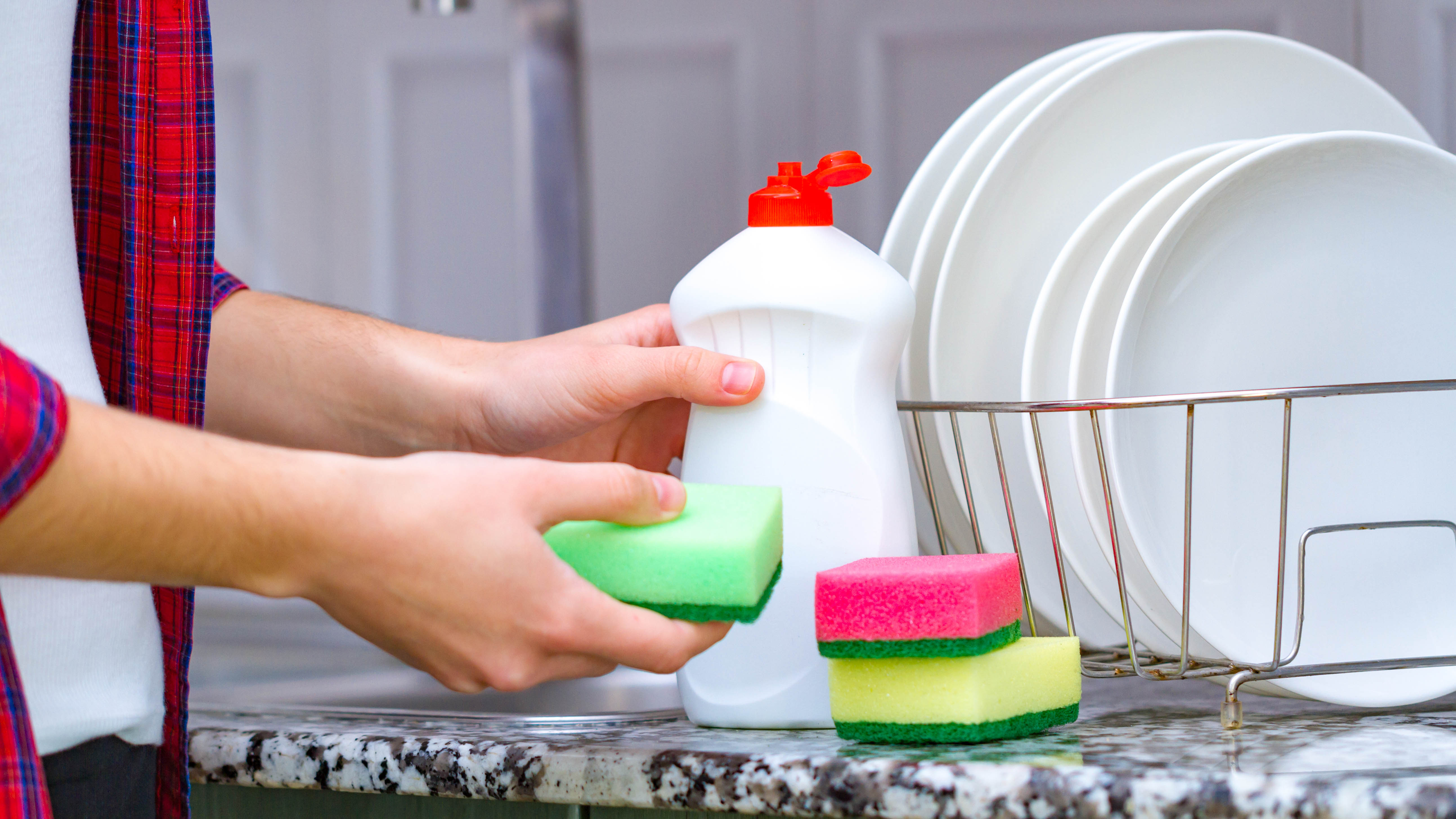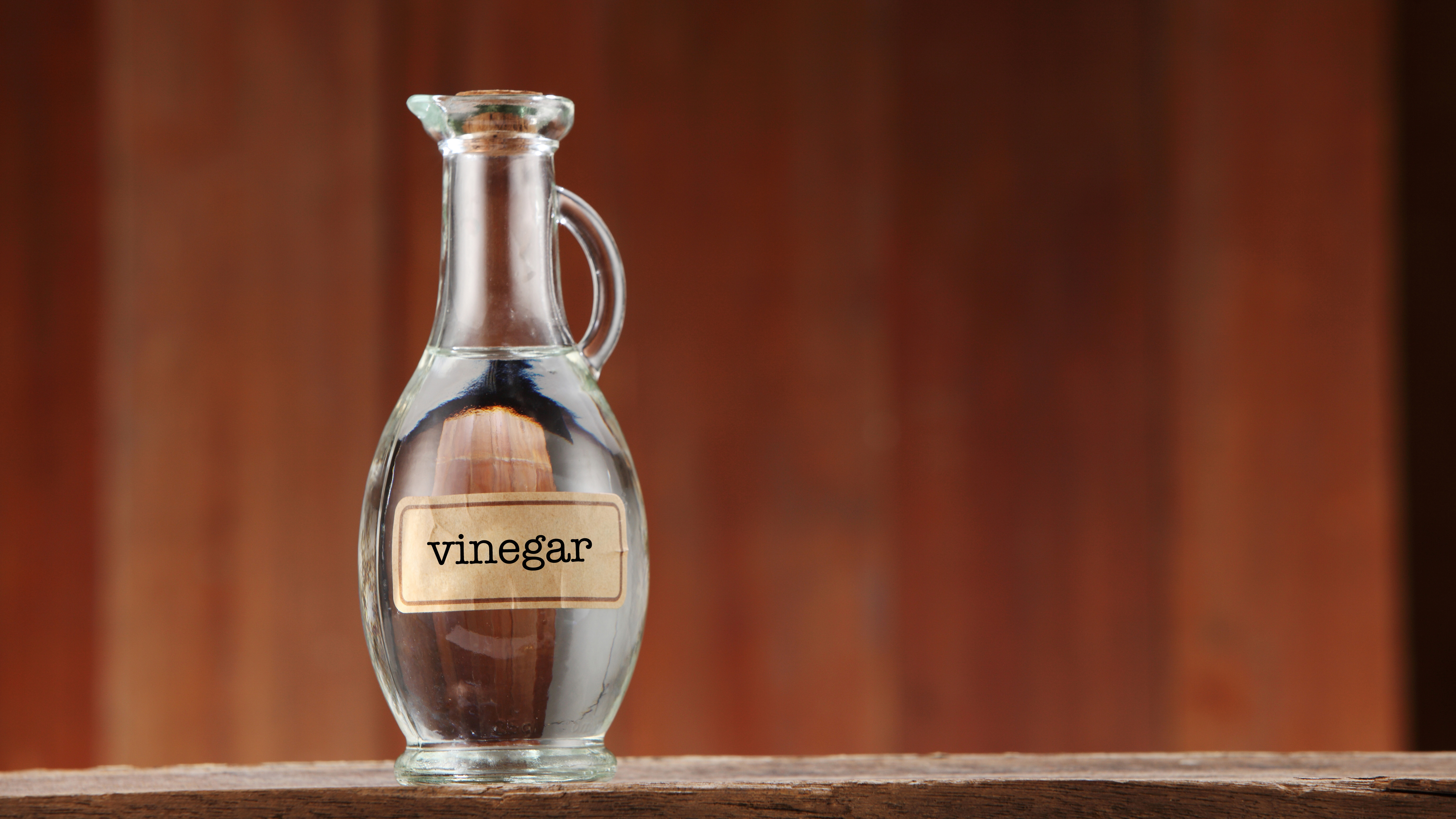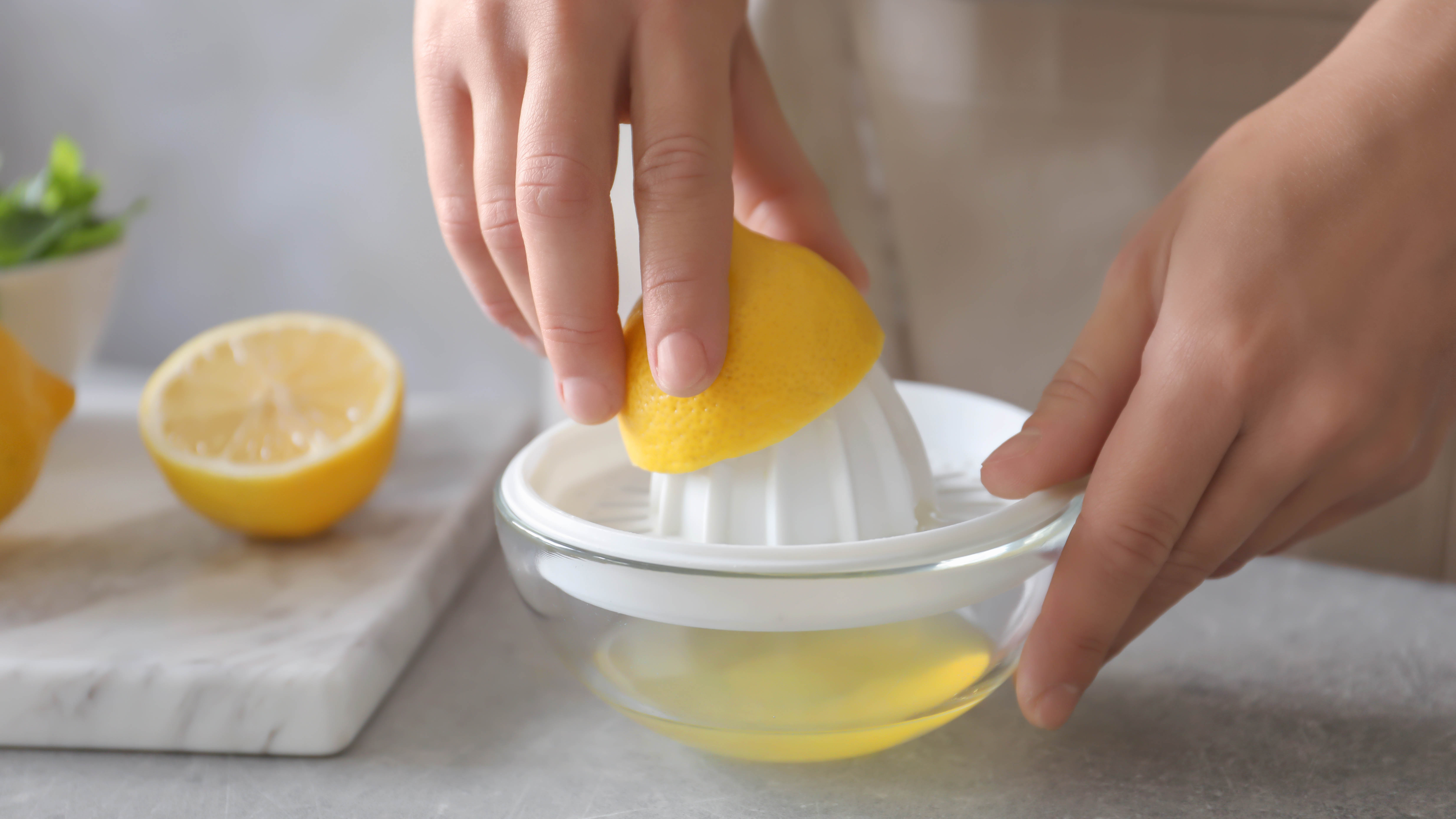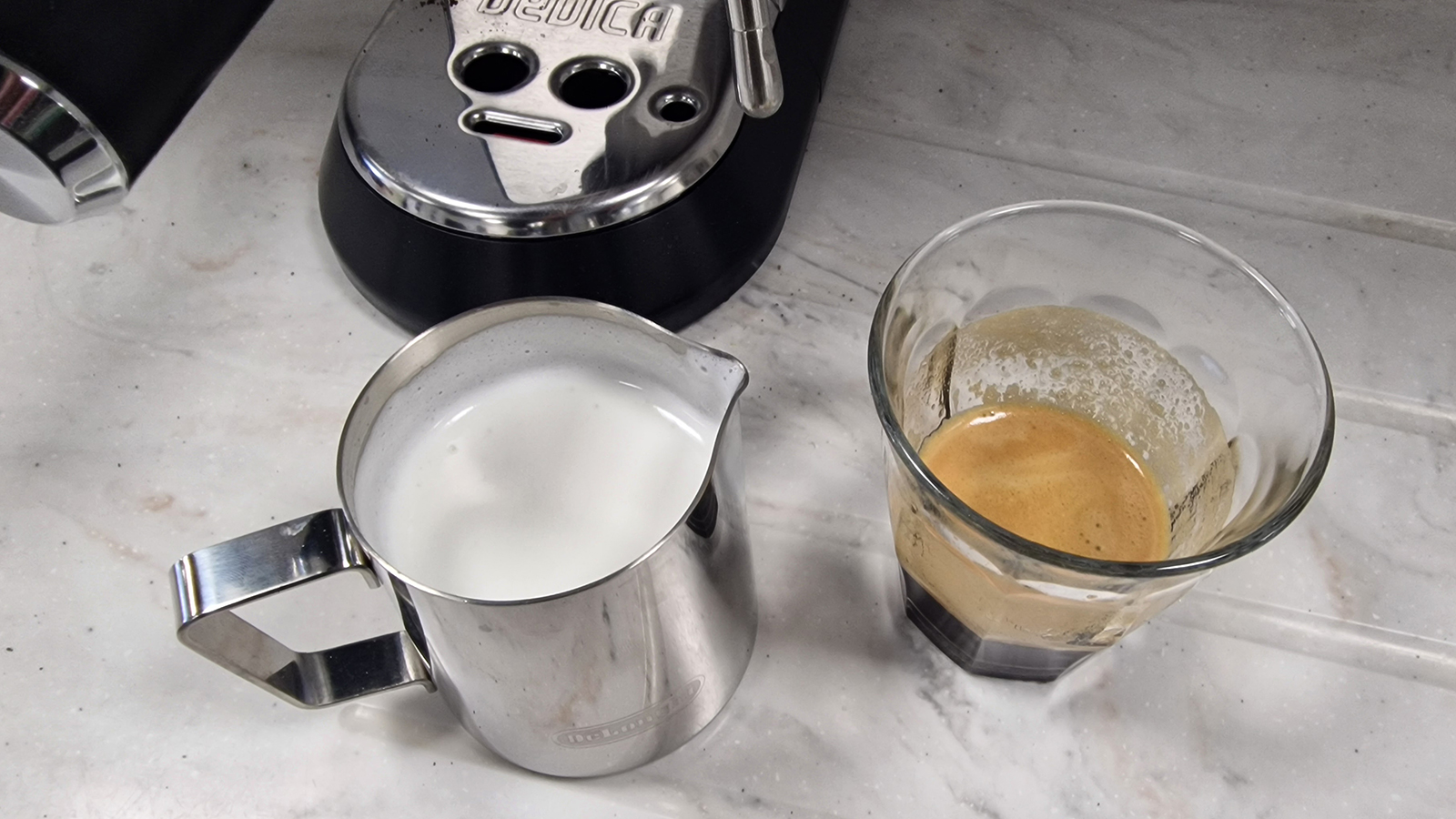
Burnt-on milk happens to everyone who uses a frother regularly. You get distracted, forget to wipe it down immediately, and suddenly you're dealing with crusty residue that won't budge with a quick rinse.
To celebrate Tom's Guide Coffee Week, we're tackling one of the most annoying coffee equipment problems: how to rescue a frother covered in hardened milk. Whether you have a standalone device or a steam wand attached to your espresso machine, these three methods will get it clean using items you already have at home.
The best approach is always prevention — wiping your frother right after each use takes seconds. But if you're past that point and staring at a crusty mess, start with the gentlest cleaning method below and work your way up to stronger solutions if needed.
1. Soak in hot water with dish soap

Fill a vessel with hot water and dish soap for built-in steam wands. Use your milk jug or a similar container and submerge the wand completely in the soapy water.
For standalone frothers, fill the frother itself with hot water and add a few drops of dish soap directly into the container. This allows the solution to work on interior surfaces where milk residue accumulates.
Let it soak for 10-15 minutes, then wipe with a microfiber cloth to see if the burnt milk comes off easily. This method works best for light buildup that hasn't been neglected for too long.
2. Use white vinegar for stubborn residue

Remove detachable frother parts and soak them in white vinegar for standalone devices. Use just enough vinegar to cover the affected parts completely without wasting product.
For attached steam wands, fill a cup with white vinegar and position it so the wand tip sits submerged. Prop the cup up on a stable surface to maintain the right height without requiring excessive vinegar.
Wait 15-20 minutes for the vinegar's acidity to break down milk proteins. After soaking, rinse standalone parts thoroughly with fresh water, or wipe attached wands clean with a microfiber cloth to remove loosened residue.
3. Try lemon juice as an alternative acid

Mix lemon juice with warm water if you don't have vinegar available or prefer a different scent. The citric acid in lemon juice works similarly to vinegar for breaking down burnt milk.
Follow the same soaking process as the vinegar method, submerging detachable parts or positioning cups for attached wands. The warm water activates the lemon juice's cleaning properties.
Use a loofah-based scourer for remaining residue after soaking if some burnt milk persists. The gentle abrasive texture removes stubborn spots without scratching metal surfaces.
Prevention tips

Clean immediately while the frother is still warm rather than letting milk dry and harden. Fresh milk wipes away in seconds, while dried residue requires the intensive methods described above.
Purge steam wands before and after each use to clear any milk that entered the system. This quick habit prevents internal buildup that's much harder to address than external residue.
Include frother cleaning in your weekly coffee machine maintenance schedule for deeper cleaning beyond daily wipes. Regular attention keeps your equipment in good condition and prevents emergency cleaning sessions.
Follow Tom's Guide on Google News and add us as a preferred source to get our up-to-date news, analysis, and reviews in your feeds. Make sure to click the Follow button!







